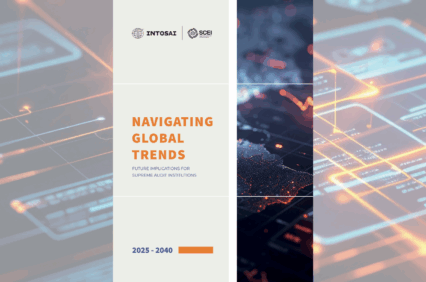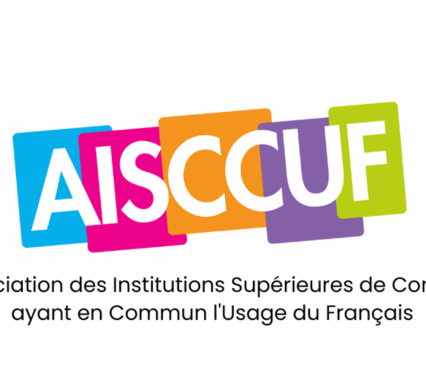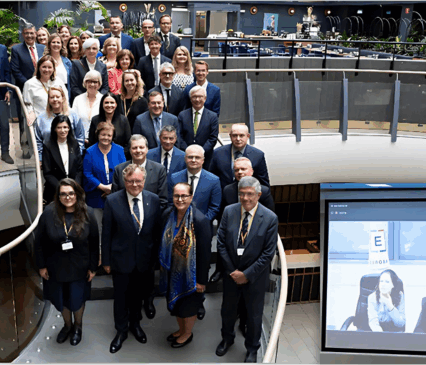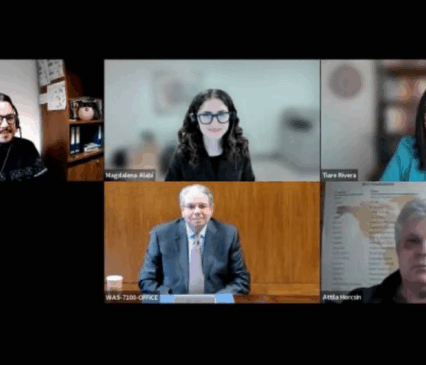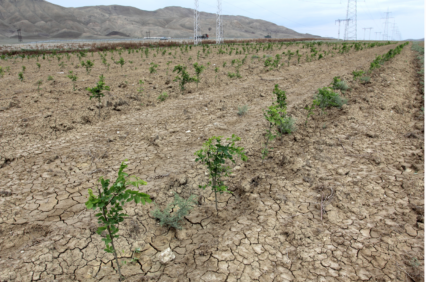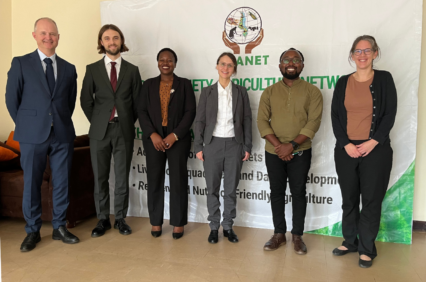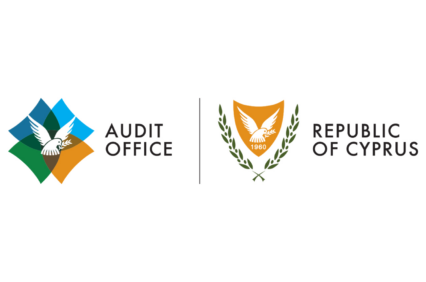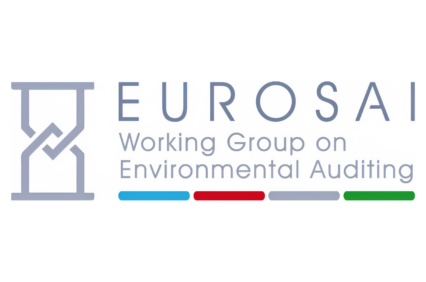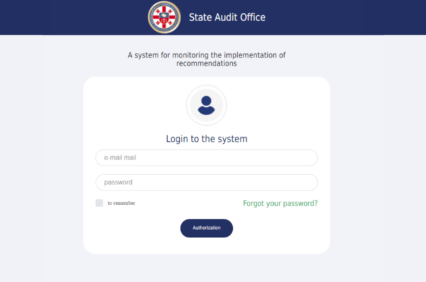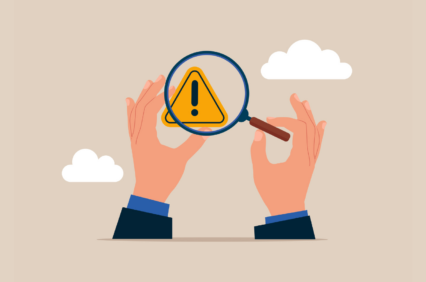Combatting Climate Change in Cyprus – Water Resource Management: A Performance Audit Carried Out in The Framework of the INTOSAI IDI’s Global Cooperative Audit of Climate Adaptations Actions
Cyprus has been facing water scarcity for years. The lack of natural surface water systems, such as lakes and rivers, has historically led to excessive exploitation of groundwater. Over-extraction from underground water bodies, in combination with reduced rainfall, as a result of climate change, have led to the current situation, where most of Cyprus’ aquifers are in poor condition. To address the need for sufficient water reserves, in the past, the government has constructed dams to collect rainwater that would otherwise flow into the sea and has developed infrastructure to transfer water to areas with less rainfall, with the Southern Conveyor Project being the most significant. However, the reduction in rainfall mentioned above impacts adversely on the quality of water collected in the dams.


